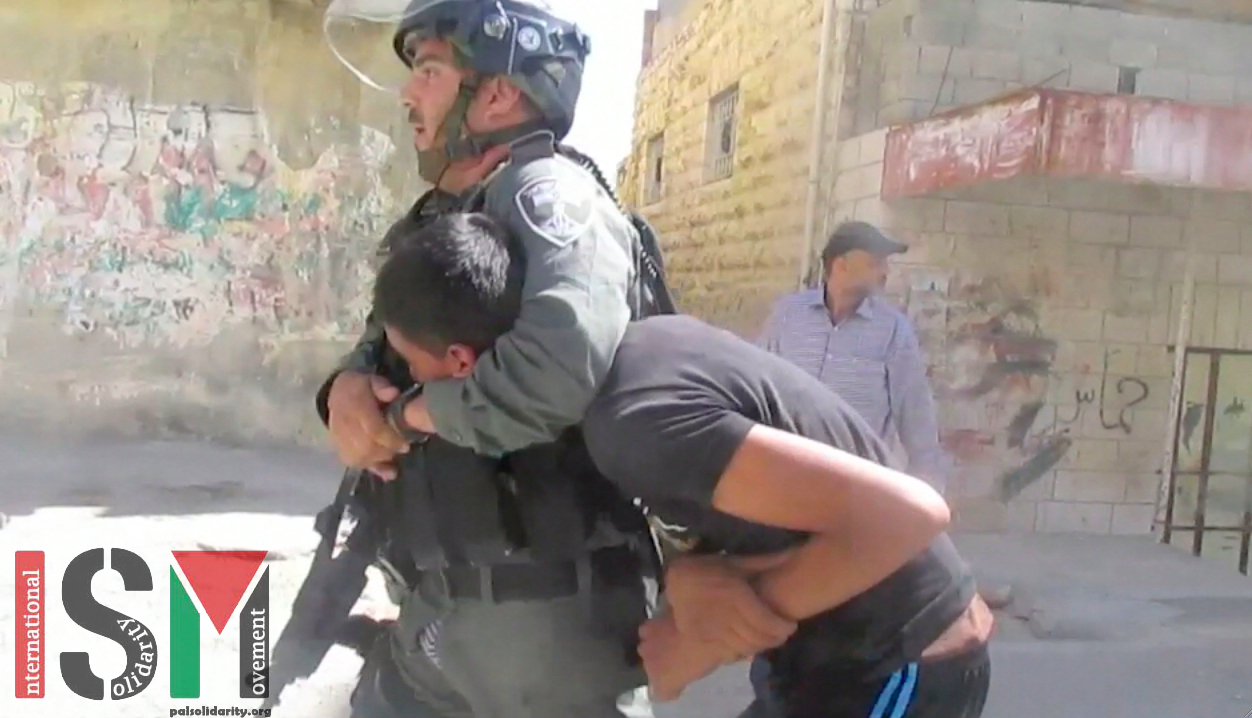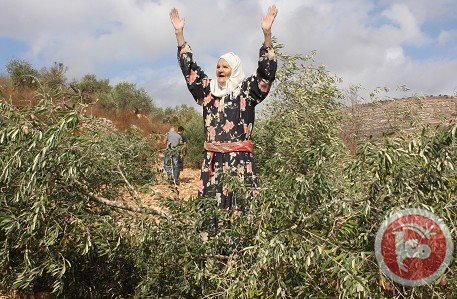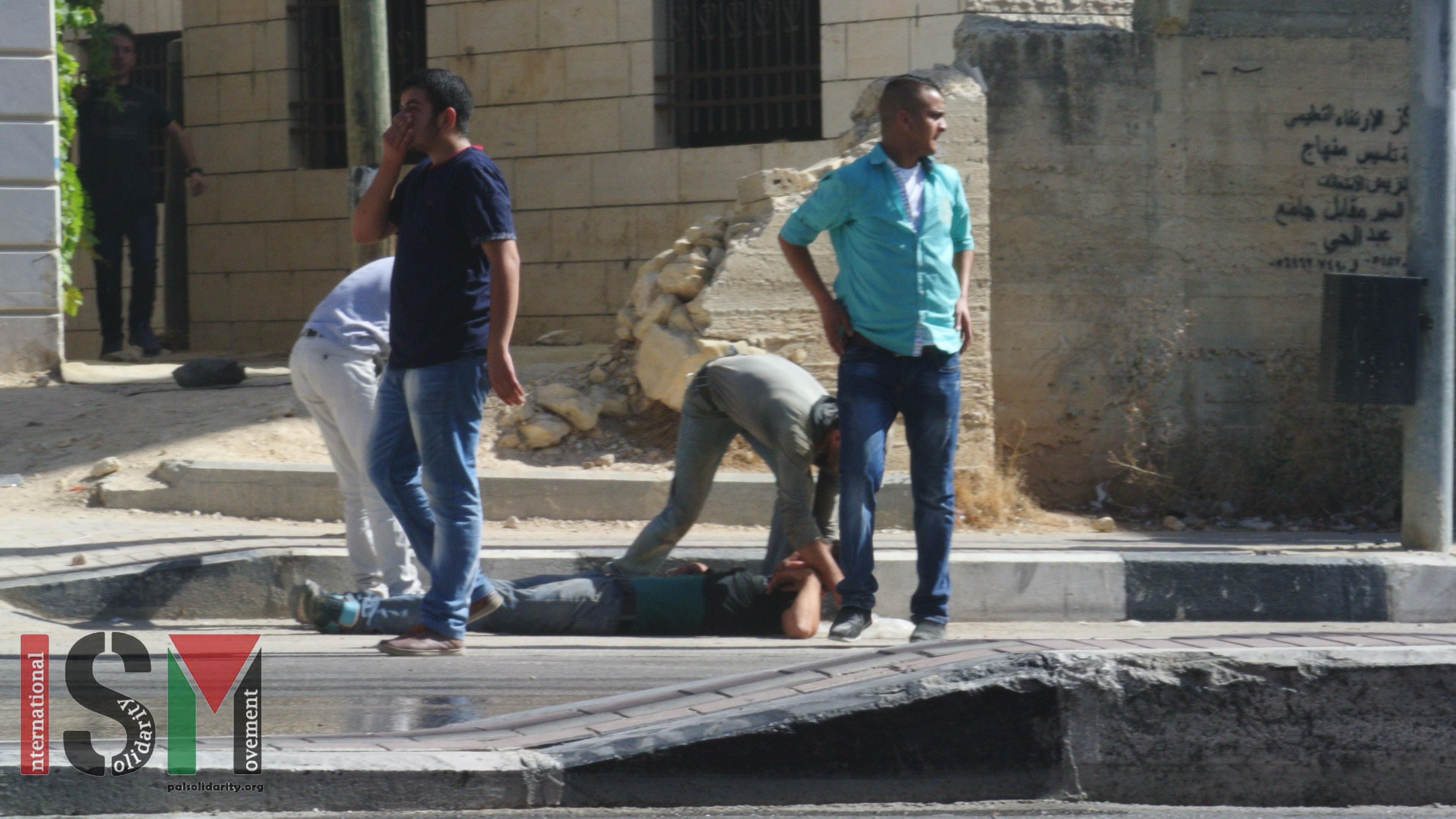Author: ISM Media
-
VIDEO: Israeli forces arrest two children and fire 29 rounds of tear gas at schoolchildren
23rd September 2014 | International Solidarity Movement, Khalil team | Hebron, Occupied Palestine Today at Salaymeh checkpoint in Hebron, Israeli forces fired 29 rounds of tear gas and 5 stun grenades at children going to school. The morning started off peaceful as children passed through the checkpoint but as word spread that two Palestinians had been…
-
Israeli settlers sabotage the olive harvest in Awarta
23rd September 2014 | International Solidarity Movement | Awarta, Occupied Palestine On the 28th of August, around 7:00 a.m., Israeli settlers from the illegal settlement of Itamar cut down and burnt more than 30 olive trees belonging to Awarta village before the harvest. For the farmers living southeast of Nablus City, the olive trees are a basic,…
-
Two Palestinians shot dead by Israeli forces lead to clashes with over 30 injured
23rd September 2013 | International Solidarity Movement, Khalil team | Hebron, Occupied Palestine Violence broke out on the streets of Hebron’s university district (al-Khalil) this morning when Israeli soldiers opened fire on unarmed demonstrators who had been protesting the murders of two Palestinians earlier that day. Protestors took to the streets after Marwan Kawasme, 29,…



